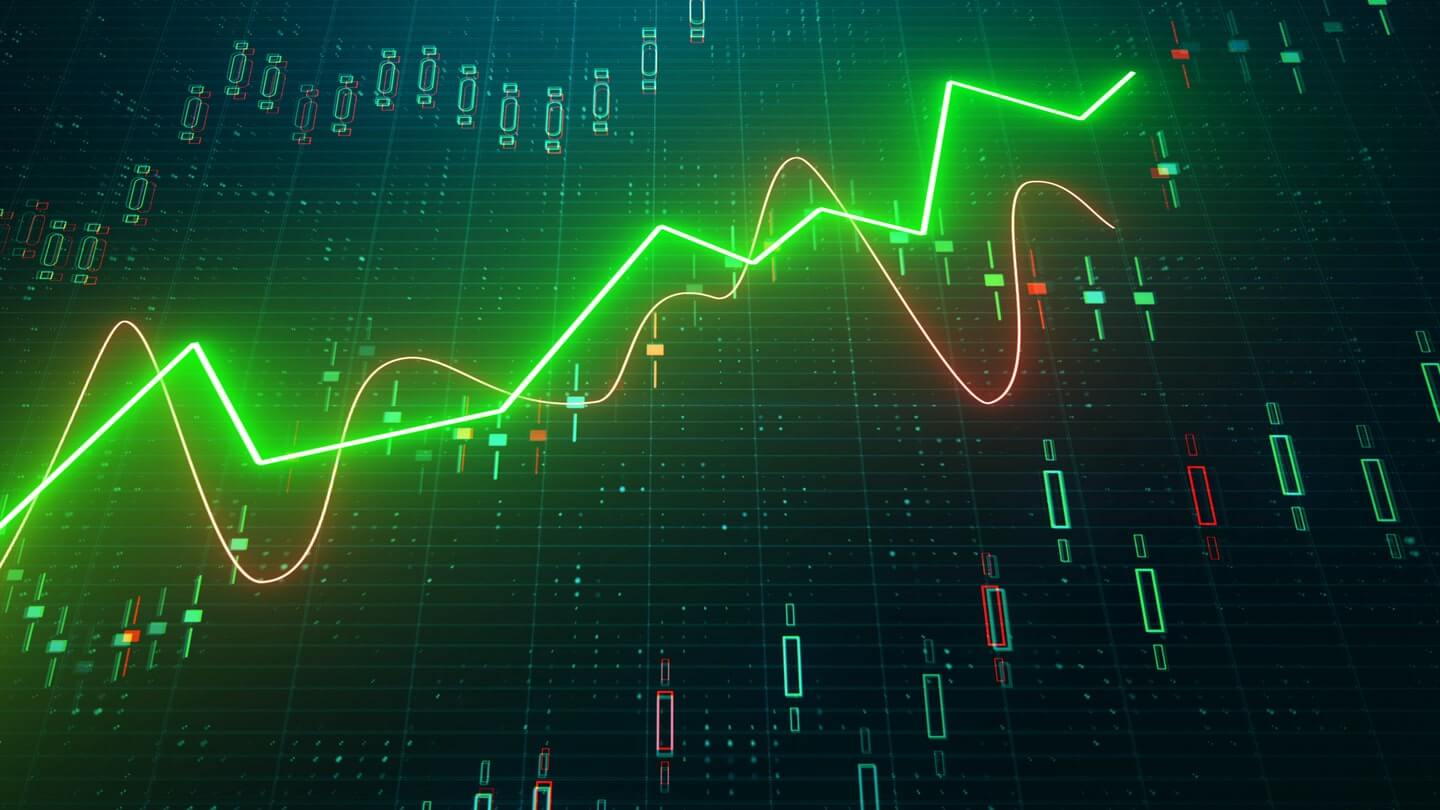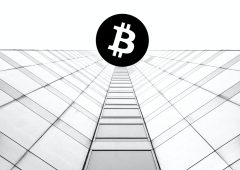Billionaire Slams Meme Stock Hype and Sounds Alarm on U.S. Fiscal Health
15.06.2025 18:00 2 min. read Alexander Stefanov
Ray Dalio, the billionaire investor behind Bridgewater Associates, has taken aim at the growing obsession with meme stocks, warning that investors are falling for trends while ignoring the fundamentals.
In a recent post on X, Dalio argued that market participants often latch onto popular narratives without questioning whether the assets they’re buying are fairly valued.
He explained that hype cycles tend to feed off past performance and emotion, rather than logic. “Investors assume that just because something performed well, it’s a good buy,” Dalio said, noting that few people bother to consider whether the price still offers value. This disconnect, he warned, can set the stage for painful corrections—especially when leverage is involved.
Dalio also expressed concern about the broader economic environment, highlighting that most traders today are betting on rising prices rather than considering downside risk. This kind of one-sided thinking, particularly when paired with borrowed money, could lead to instability.
His comments on market behavior echo warnings he made earlier this month about the U.S. budget crisis. Speaking on PBS, Dalio said the government must urgently reduce its deficit—currently around 7% of GDP—to a more sustainable 3%.
He outlined a three-part solution: raising tax revenue, cutting spending, and addressing interest costs. While lawmakers don’t directly control interest rates, Dalio emphasized that over $1 trillion in annual interest payments—and nearly $9 trillion in maturing debt—pose serious risks to U.S. financial stability.
Dalio pointed to the 1990s as a blueprint, when similar economic challenges were met with a balanced deficit reduction plan. Today, he argues, the same mix of shared sacrifice is needed—before the consequences become unavoidable.
-
1
Trump Reignites Trade War, Accuses China of Breaking Deal
30.05.2025 18:00 1 min. read -
2
Dollar Dominance Fades: Asia Turns to Local Currencies and BRICS Bloc
09.06.2025 14:00 2 min. read -
3
Jamie Dimon Warns U.S. Risks Losing Dollar Dominance Without Swift Reform
02.06.2025 8:00 1 min. read -
4
Elon Musk Says Congress Is Bankrupting America
04.06.2025 14:00 2 min. read -
5
Trump Defends Tariffs as Legal Battles and Global Trade Talks Escalate
03.06.2025 21:00 2 min. read
Will Japan’s Central Bank Spark a Crypto Rally?
The Bank of Japan (BOJ)’s upcoming monetary policy meeting, set for June 16–17, could be the next major catalyst for global risk assets, including stocks and cryptocurrencies like Bitcoin.
Economist Who Called 1987 Crash Warns Markets Face Growing Risk
Mark Skousen, the economist who foresaw the 1987 market collapse, believes the current financial environment is entering a precarious phase.
Dollar Dominance Fades: Asia Turns to Local Currencies and BRICS Bloc
Across Asia, the U.S. dollar is rapidly losing ground as countries intensify efforts to reduce reliance on the greenback.
JPMorgan Warns U.S. Economy May Be Slowing Behind the Headlines
Despite encouraging job numbers on the surface, JPMorgan Chase’s chief global strategist David Kelly says the U.S. economy is quietly losing momentum.
-
1
Trump Reignites Trade War, Accuses China of Breaking Deal
30.05.2025 18:00 1 min. read -
2
Dollar Dominance Fades: Asia Turns to Local Currencies and BRICS Bloc
09.06.2025 14:00 2 min. read -
3
Jamie Dimon Warns U.S. Risks Losing Dollar Dominance Without Swift Reform
02.06.2025 8:00 1 min. read -
4
Elon Musk Says Congress Is Bankrupting America
04.06.2025 14:00 2 min. read -
5
Trump Defends Tariffs as Legal Battles and Global Trade Talks Escalate
03.06.2025 21:00 2 min. read


